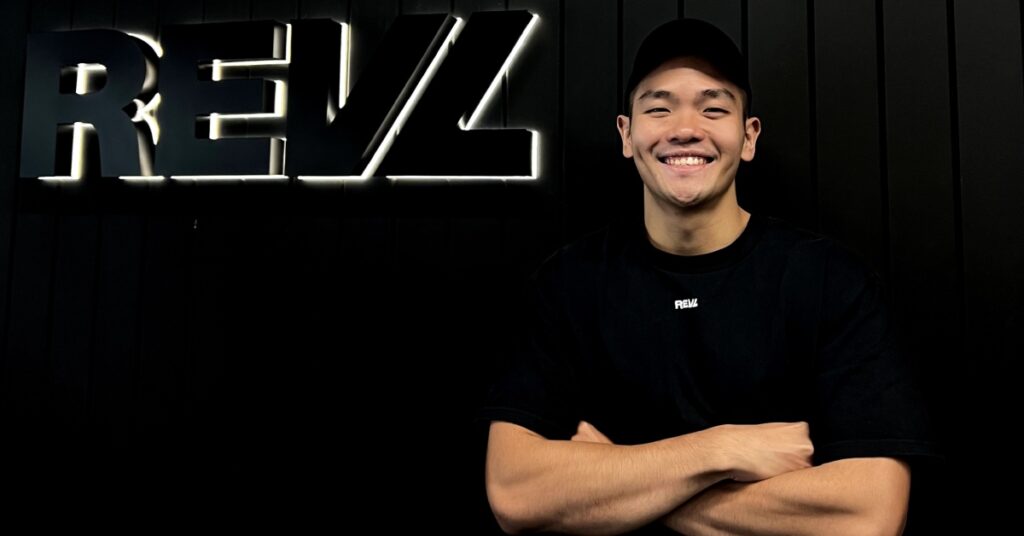While there are accessible resources to help prepare for a successful pitch in general, pitching for survival during a pandemic has its own set of challenges and questions that some founders may not be anticipating.
Hence, we interviewed a few investors about what founders can expect to be asked when pitching for survival at times like these. Among our interviewees are:
- Stanley Chong, Partner in Ingenious Haus Group and mentor at MaGIC;
- Jamaludin Bujang, Managing Director in Malaysia for Gobi Partners, a pan-Asian international venture firm;
- Ben Lim, founder and Managing Partner of NEXEA, an early-stage venture capital firm that funds scalable startups.
For some context, most of these investors shared that some startups have pitched for survival during this time, some of which are managing by seeking funding from debt agencies, as shared by Jamaludin.
Unless they’re in industries like e-commerce, e-payments, logistics and other industries that have directly benefited from the pandemic, the majority of them are asking for funding to survive, Stanley told Vulcan Post.
Editor’s Note: This article has been updated to ensure that the content reflects integrity and guidance from reliable sources.
Why Would VCs Fund Startups For Survival?
For any founder pitching for investment even in a pandemic, it’s always important to prioritise the ROI for investors than banking on their benevolence to ensure your survival.
While Gobi Partners have continued funding some startups for survival, it’s usually because there isn’t a large amount of funding required and the business prospects post-crisis are still good and promising, Jamaludin told Vulcan Post.
Questions To Expect When Pitching For Survival Funds
“Investors may want to know how long is their runway now and what is their plan to raise capital (when, how much and at what valuation). If the fundraising effort fails, what is the contingency plan? The company may also have to elaborate their cost-cutting measures in detail,” Jamaludin shared.
Startups should also expect to be asked about plans to pivot, which Stanley mentioned he would be asking when a startup asks for survival funds.
He further advised startups to expect questions on their financial outlook and cash flow moving forward, and how the funds raised will be utilised.
“In the worst-case scenario, if the pandemic prolonged, how would the overall outlook look like for the company?” Stanley added.
VCs Aren’t Less Likely To Invest During The Pandemic
When looking to invest, pandemic or not, NEXEA’s decision to fund startups are based on whether they are sustainable and scalable, and that the fundamentals of the business remain unchanged by any pandemic or uncontrolled scenarios.
“Our startup selection methodology covers situations like the pandemic, and if they are able to prove that they can be sustainable and scalable via some pivot,” Ben explained.
Besides the opportunities that a startup or industry may present post-pandemic, founders can be evaluated better and valuations will become more realistic, which is an opportunity that Gobi Partners is seeing.
Exceptions That VCs Can Make For Startups Asking For Survival Funds
Realistically, it’s quite difficult for VCs to make any exceptions because most of them operate based on mandates, guidelines, and any adjustments made by the LPs and GPs of a firm, according to Stanley.
“Unless the business plan is able to show required justifications like their expansion, go-to-market strategy, financial forecast, etc., and have the potential to scale and profit post-MCO, it would be quite difficult to make an exception,” he explained.
As a safety net, some VCs like NEXEA will involve their investors from the start in guiding the startups they choose to invest in regularly, with partners like Allianz, Digi, Spritzer, etc., as leverage for sales and networking.
If You Fail To Get Funded For Survival, What Can You Do?
“Pivot or hibernate. Pivoting is the preference here, finding a side or temporary revenue stream to sustain breakeven after cost-cutting measures. If that fails, hibernate the company so that it may survive in a dormant or minimal mode to come back once the environment allows,” Ben shared with Vulcan Post.
When hibernating, Stanley suggested optimising the overall financial aspect like spending, collection, changing the pricing model with customers, partners, suppliers, etc.
“For example, you could do pre-paid vouchers for your customers, package deals, pre-orders with an upfront payment, a longer payment period from your suppliers, and a barter trade with your partners,” he explained.
The most important thing, though, according to Jamaludin, is that founders must remain positive. Even if the worst has hit the company, they should not stop from coming back again when the market recovers.
“Use the bitter lessons earned during the hard times and use that as guidance as they move on. Tough times don’t last, but tough people do.”
Jamaludin Bujang, Managing Director in Malaysia for Gobi Partners
- You can read more funding-related articles we’ve written here.
- You can read more investor-related articles we’ve written here.
Featured Image Credit: Stanley Chong of Ingenious Haus Group, Ben Lim of NEXEA, and Jamaludin Bujang of Gobi Partners












